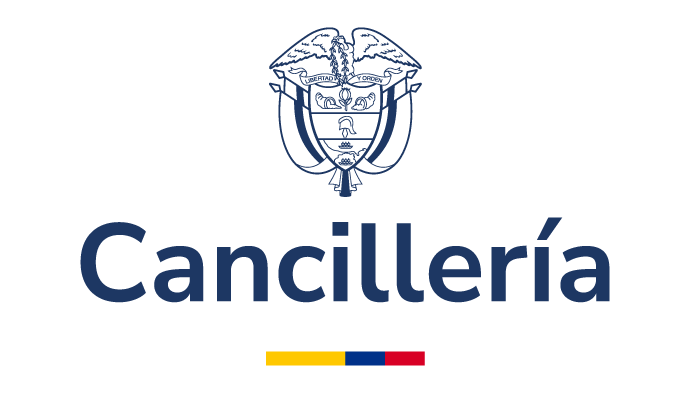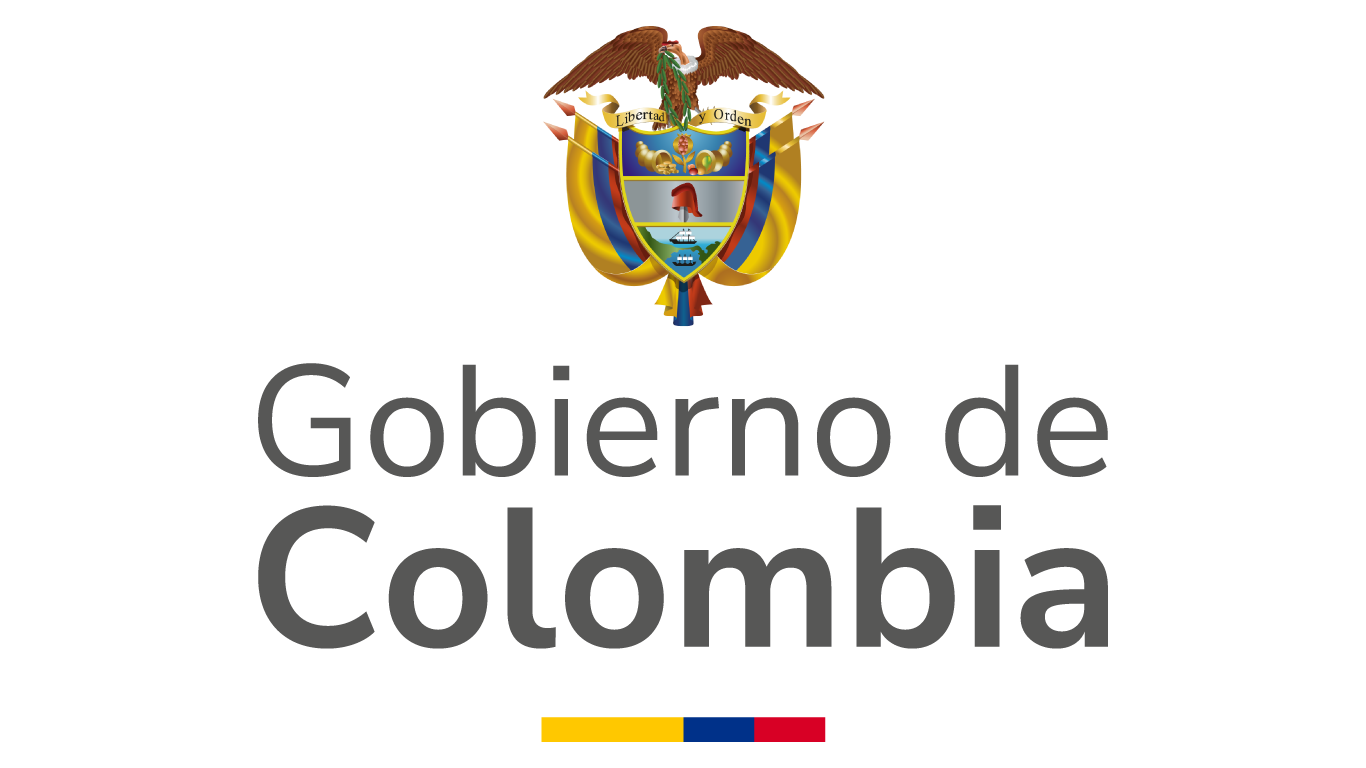Lines of work that Colombia pursues against terrorism:
- Increase political, legal, and police measures against terrorism as State policy in line with international instruments to which it is party and implementing the tenets of the United Nations Global Counter-Terrorism Strategy, the Plan of Action, and the Inter-American Convention Against Terrorism.
- Promote the adoption and implementation of the different international conventions and protocols on terrorism as an effective method to prevent, punish and eliminate terrorism in a context of close cooperation.
- Promote international, regional, subregional, and bilateral initiatives and cooperation mechanisms to fight terrorism in order to counter this threat.
- Promote actions against the different forms and manifestations of transnational organized crime, facilitating international cooperation and legal assistance to identify, freeze, and confiscate the proceeds of these crimes that finance terrorism.
Transnational Organized Crime (TOC) Colombia promotes the signing, ratification, and support of the United Nations Convention Against Transnational Organized Crime in order to mitigate the serious impact of this phenomenon on security, stability, wellbeing, and development of society in the States. Finally, it backs the application and implementation of the OAS Hemispheric Plan of Action against Transnational Organized Crime.
Human Trafficking
On this subject, Colombia:
- Promotes the signing, ratification, and support of the Protocol to Prevent, Suppress and Punish Trafficking in Persons, Especially Women and Children, supplementing the United Nations Convention against Transnational Organized Crime.
- Supports the United Nations Global Plan of Action against Trafficking in Persons and the Work Plan to Combat Trafficking in Persons in the Western Hemisphere as instruments that govern action and global cooperation in the fight against this phenomenon.
- Promotes international, regional, subregional, and bilateral initiatives and cooperation mechanisms to combat human trafficking in order to establish and develop specific frameworks for action against this crime.
- Has an Interinstitutional Committee for the Fight against Trafficking in Persons as an advisory body to the National Government and to coordinate the Colombian State’s actions in the field. As part of this Committee, the Ministry of Foreign Affairs coordinates international events that make it possible to, through the exchange of good practices and experiences, strengthen international cooperation to prevent and address trafficking.
Corruption
Concerning this subject Colombia:
- Is in favor of the signing, ratification, and support of the United Nations Convention against Corruption as a binding legal instrument to address this phenomenon together.
- Promotes the use of the mechanism for monitoring the implementation of the United Nations Convention against Corruption, adopted at the Third Session of the Conference of the States Parties, with the goal of structuring international policies to better address corruption and strengthen the national capacities of States to deal with this crime.
- Undertakes important preventive measures, urges criminalization and law enforcement, and promotes international cooperation and technical assistance in the fight against the phenomenon of corruption.
- Applies the commitments from the Inter-American Convention against Corruption and the Follow-Up Mechanism for its Implementation (MESICIC).
- Has developed the Presidential Program for Modernization, Efficiency, Transparency, and Combating Corruption, which is responsible for coordinating the implementation of government policies aimed at reducing corruption in public administration. In coordination with the Ministry of Foreign Affairs, it is responsible for monitoring and evaluating the commitments that the country has made concerning the instruments to combat corruption.
Security Cooperation
Colombia seeks to expand and strengthen the international channels for cooperation and information exchange, as well as develop and implement legal frameworks that make it possible to adopt criminal legislation that contributes to the prevention and punishment of human trafficking.










